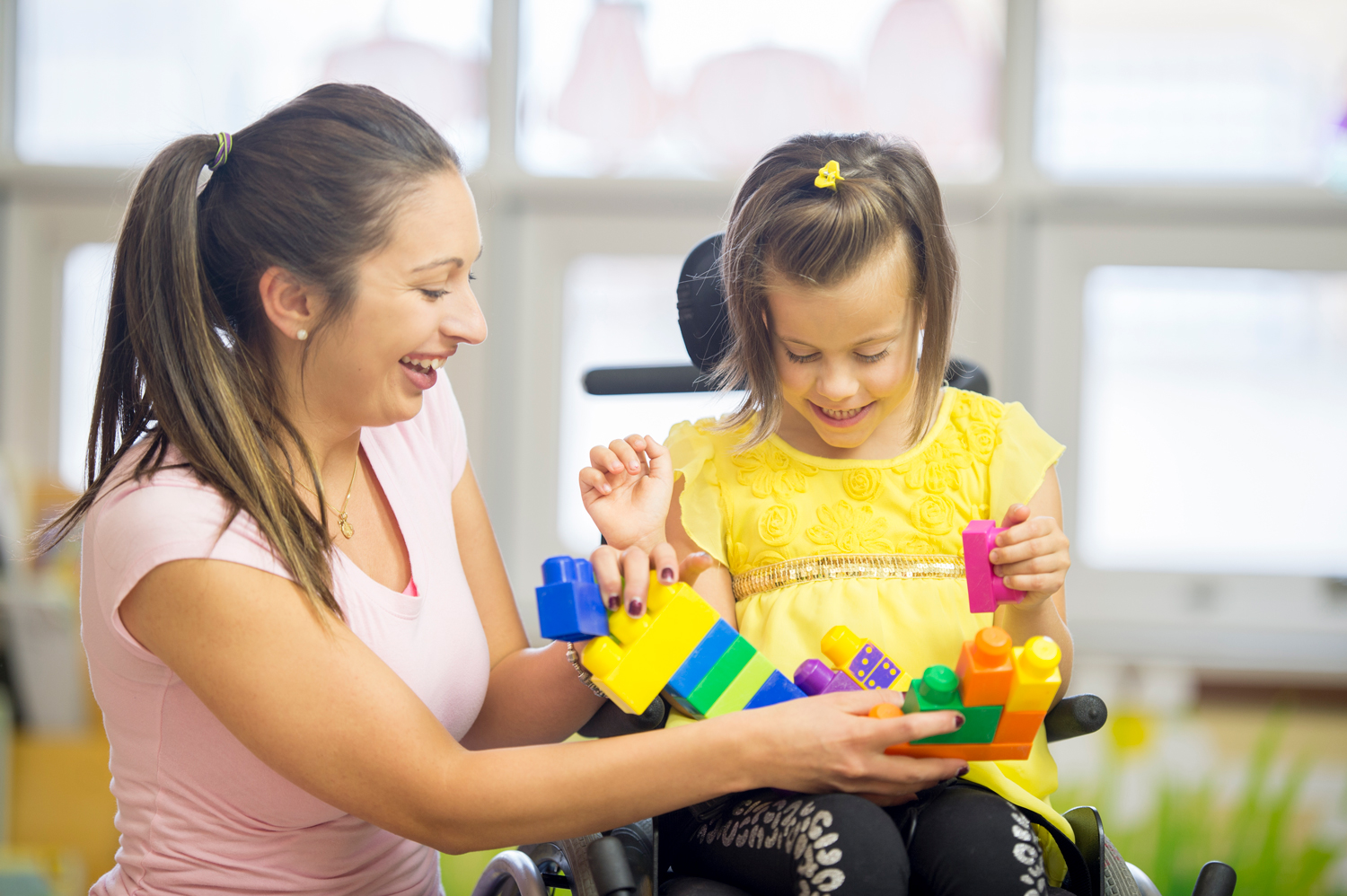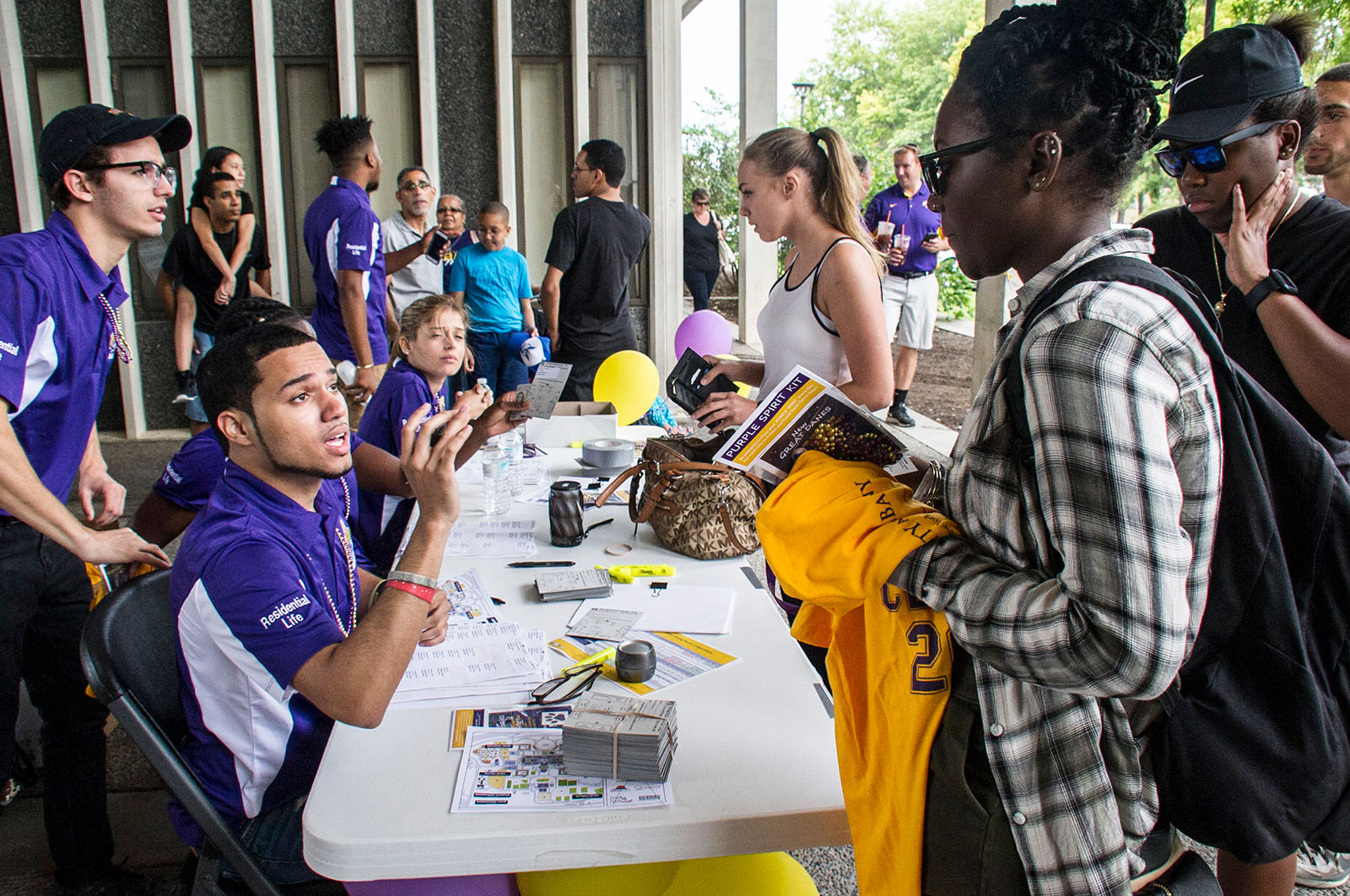Learning objectives that UAlbany students are expected to attain through their course of study within their academic program.
Bachelor of Science
Human Development
- Graduates know the psychological, social and cultural facets of human development and learning across the lifespan. They understand the commonality as well as the diversity of patterns of human development. Graduates critically assess social and cultural frameworks and the ways in which individuals, families and communities are situated within them.
- Graduates recognize issues of equity and social justice as they impact human development.
- Graduates think critically about developmental theories; research on issues of human development; recognize the characteristics of studies and publications that provide credible research findings; practice ethical behavior across academic, research and professional settings; apply theory to practice.
Standards
- Graduates identify and understand the instructional implications of shifts in current standards.
- Graduates apply the New York State Content Standards and National Content Specific Standards in their teaching (e.g. NCTM, NCSS, ILA classroom teacher standards, Next Generation Learning Standards).
Assessments
- Graduates use assessments to identify, prevent and intervene when students experience difficulties to inform their instruction and decision making.
- Graduates evaluate the affordances and constraints of a range of assessments (e.g. screening, formative, summative, informal, formal).
- Graduates understand the importance of using various assessments to develop a comprehensive assessment plan/comprehensive portrait of learners and can convey this information to a range of stakeholders.
Materials, Resources, and Digital Technologies
- Graduates know how to evaluate, select and integrate relevant materials, resources and digital technologies for classroom teaching and assessment that are inclusive of cultural and linguistic diversity.
- Graduates know how to embed print and digital resources into authentic instruction that supports critical conversations, development and student inquiry.
- Graduates foster learning environments where learners draw on multimodalities to create meaning, depending on purpose and audiences.
Engagement
- Graduates know how to create collaborative learning communities with students.
- Graduates know how to teach for engagement and meaning-making and provide opportunities for student directed learning.
- Graduates provide opportunities for learners to experience learning practices as intentional, purposeful and authentic.
- Graduates engage in professional learning communities (PLCs) with sensitivity to a range of perspectives.
Development of Literacies
- Graduates understand the historical, theoretical and evidence-based foundations of literacy (across the lifespan) including (but not limited to) components of print concepts, decoding, vocabulary, fluency, comprehension, viewing/representing and composition.
- Graduates understand the reciprocal relationships among reading, writing, speaking and listening development.
- Graduates use their knowledge of literacy development to identify a learner’s present level of performance.
Disciplinary Literacies/Knowledge Building
- Graduates understand the historical, theoretical, and evidence-based foundations of literacy and the role of literacy in building disciplinary/conceptual knowledge across elementary school subjects (e.g., science, social studies, mathematics, ELA).
- Graduates know how to support learners in accessing, developing and communicating discipline specific/content area knowledge (or practices common across disciplines) including content knowledge, genre knowledge and vocabulary.
- Graduates understand how to use literacy events to build conceptual knowledge over time with attention to material selection and assessment of knowledge and literacy development.
Responsive Teaching to Promote Strategic Learning
- Graduates know how to plan a range of instructional approaches and practices to meet the needs of each learner (e.g. historical knowledge, vocabulary development, writing processes).
- Graduates ensure students have equitable access to high quality, engaging and comprehensive instruction, curriculum and authentic learning.
- Graduates know how to turn learners’ attention to using productive strategies.
- Graduates know how to foster resilience and independence through engaging learners in meaningful practices.
Data Based Decision Making
- Graduates collaborate with colleagues to analyze and collect data to construct/create a plan for classroom instruction.
- Graduates assume that learning problems lie in instruction, rather than in the learner. Graduates then analyze teaching practices to identify areas of instructional improvement to respond to student needs.
- Graduates critically consume and draw upon findings from published research studies to inform instructional planning and decision-making.
Learning as Sociocultural Practice
- Graduates understand that learning practices occur across multiple contexts, not only schools, and for multiple purposes.
- Graduates know how to build on students’ funds of knowledge (e.g. linguistic diversity; cultural, family, and community resources) to inform instruction.
Critical Perspectives and Equity
- Graduates know how to create teaching and learning contexts in which students value multiple perspectives in the service of equity and social justice.
- Graduates know how to create contexts that promote civic engagement and inspire learners to take action in local and global communities.
- Graduates create teaching and learning contexts in which students critically consume and produce media.
- Graduates recognize and know the importance of intervening in educational inequities, including bias stemming from race, class, gender, language, ability and heterosexism.
Respectful Representation of Students, Families, Colleagues and Communities
- Graduates notice, name and build upon learner strengths and progress.
- Graduates interact and engage with families and communities in ways that respect diverse life experiences.
- Graduates foster respectful partnerships characterized by reciprocal relationships that support learners.
- Graduates are self-reflexive about how their lived experiences and their identities shape their instructional practices and teaching philosophies.
Teaching All Learners
- Graduates demonstrate knowledge of the causal factors and characteristics of the various disability categories defined under “child with disability” in the Individuals with Disabilities Education Act.
- Graduates demonstrate working knowledge of the various, legally required components of an Individualized Educational Plan.
- Graduates demonstrate knowledge of (a) patterns of human development and milestones typically achieved at different ages, and (b) risk factors that may prohibit or impede typical development and contribute to a student developing a disability.
- Graduates demonstrate ability to effectively collaborate with colleagues, follow instructions and use problem solving skills in order to be an effective member of the instructional team.
- Graduates demonstrate ability to practice ethical and professional standards of conduct, including the requirements of confidentiality.
- Graduates show knowledge of and competency with technology that can assist the teaching and learning of students with disabilities.
Learner Development and Individual Learning Differences
- Graduates understand how language, culture and family background influence the learning of individuals with exceptionalities.
- Graduates use understanding of development and individual differences to respond to the needs of individuals with exceptionalities.
Learning Environments
- Graduates create safe, inclusive, culturally responsive learning environments to engage individuals with exceptionalities in meaningful learning activities and social interactions through collaboration with general educators and other colleagues.
- Graduates demonstrate ability to develop and apply a variety of positive procedures and proactive behavior management strategies that provide the differentiated behavioral supports all students’ need to function successfully in the classroom.
Content Knowledge in Special Education Settings
- Graduates understand the central concepts, structures of the disciplines and tools of inquiry of the content areas they teach (e.g., science, mathematics, ELA, social studies), and can organize this knowledge, integrate cross-disciplinary skills and develop meaningful learning progressions for individuals with exceptionalities.
- Graduates understand and use general and specialized content knowledge for teaching across curricular content areas to individualize learning for individuals with exceptionalities.
- Graduates modify general and specialized curricula and materials to make them accessible to individuals with exceptionalities.
Assessment of Students with Disabilities
- Graduates use knowledge of measurement principles and practices to interpret assessment results and guide educational decisions for individuals with exceptionalities.
- Graduates use multiple types of assessment information in making decisions about individuals with exceptionalities in collaboration with colleagues and families.
Instructional Planning and Strategies
- Graduates consider an individual’s abilities, interests, learning environments and cultural and linguistic factors in the selection, development and adaptation of learning experiences for individual with exceptionalities.
- Graduates use technologies to support instructional assessment, planning and delivery for individuals with exceptionalities.
- Graduates develop and implement a variety of education and transition plans for individuals with exceptionalities across a wide range of settings and different learning experiences in collaboration with individuals, families and teams.
- Graduates teach to mastery and promote generalization of learning.
Professional Learning and Ethical Practice
- Graduates use professional Ethical Principles and Professional Practice Standards to guide their practice. Graduates understand that diversity is a part of families, cultures and schools and that complex human issues can interact with the delivery of SE services.
Collaboration
- Graduates use theory and elements of effective collaboration.
- Graduates use collaboration to promote the well-being of individuals with exceptionalities across a wide range of settings and collaborators.








